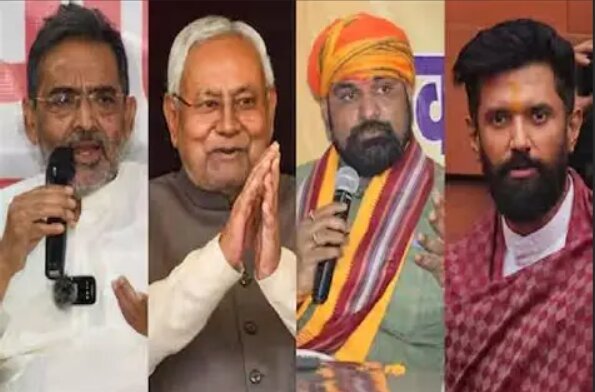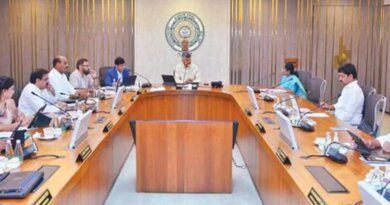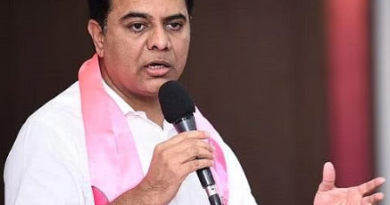NDA’s Seat-Sharing Formula Sparks Tension in Bihar

The National Democratic Alliance (NDA) has finalized its seat-sharing arrangement for the upcoming Bihar Assembly elections. While the Bharatiya Janata Party (BJP) and Janata Dal (United) will contest 101 seats each, smaller allies like Hindustani Awam Morcha (HAM) and Rashtriya Lok Morcha (RLM) have been allotted just six seats each.
This announcement, made after a series of high-level meetings in Delhi, has triggered dissatisfaction among the junior partners who feel sidelined in the alliance’s electoral strategy.
- BJP: 101 seats
- JD(U): 101 seats
- LJP (Ram Vilas): 29 seats
- HAM: 6 seats
- RLM: 6 seats
The formula reflects a clear dominance of the two major parties, leaving limited space for regional voices within the NDA fold.Leaders from HAM and RLM have expressed disappointment over the allocation, stating that their grassroots support and regional presence deserve better recognition. They argue that the current formula undermines their contribution to the alliance’s past victories.
Some leaders hinted at reconsidering their campaign strategies, while others called for internal dialogue to address the imbalance.The discontent could affect NDA’s performance in districts like Gaya, Aurangabad, and Sitamarhi, where HAM and RLM have strong voter bases. Analysts suggest that ignoring these allies may lead to vote splits or reduced enthusiasm among local cadres.
The BJP and JD(U) leadership are expected to hold further talks to pacify tensions and ensure a united front.This is not the first time smaller NDA allies have raised concerns. In previous elections, similar issues emerged but were resolved through last-minute negotiations. The current situation, however, appears more rigid due to the pre-announced formula and tight campaign timelines.
With the seat-sharing formula now public, candidate announcements and campaign rollouts are expected to begin shortly. The Election Commission is likely to release the official schedule within the next few days.
All eyes are on how the NDA manages internal cohesion while facing a strong opposition bloc led by the RJD and Congress.
The NDA’s seat-sharing deal in Bihar has opened up internal fault lines, especially among its smaller allies. As the election season heats up, the alliance must balance power with partnership to maintain its electoral edge.




Waste article. No depth, just surface level info.